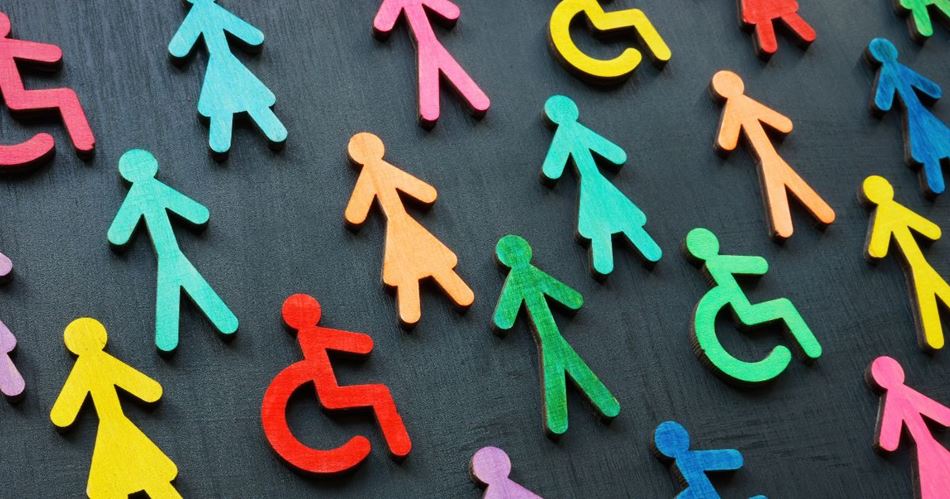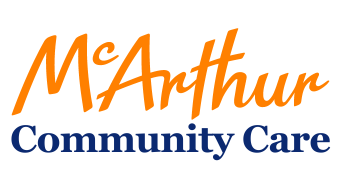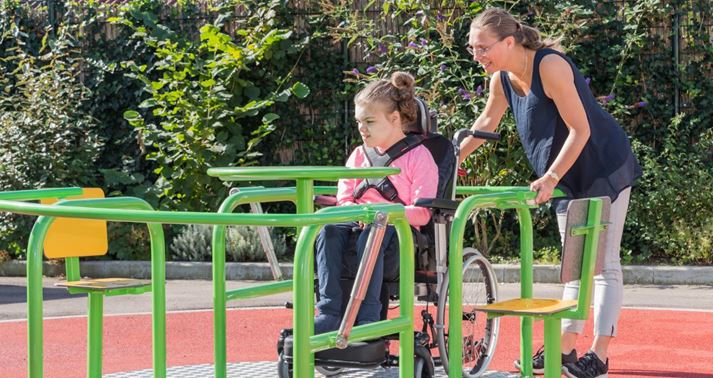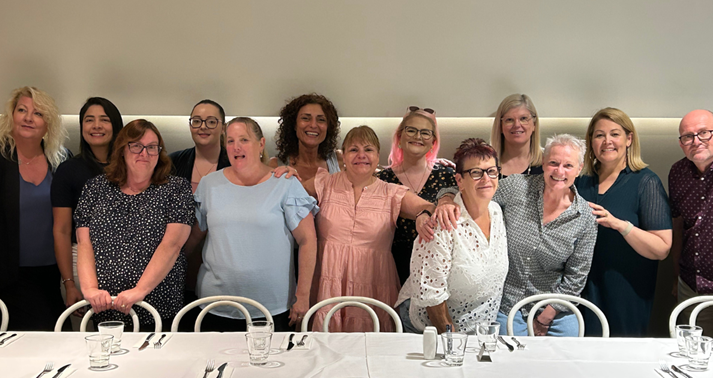NDIS Guide for New Participants: What Disabilities Are Covered?
19 October, 2022

The National Disability Insurance Scheme (NDIS) is Australia’s national support system for people with permanent and significant disability. It provides funding for reasonable and necessary supports, empowering individuals to live independently and reach their goals.
One of the most common questions families and participants have is: “What types of disabilities are covered by the NDIS?” While eligibility depends on how a disability impacts daily life, the NDIS has a list of conditions - List A - that are considered to meet the disability requirements without needing further assessment.
This guide outlines key disability types commonly supported by the NDIS, highlighting which are recognised on List A, and how McArthur Community Care delivers personalised, expert support across all of them.
Disabilities Recognised on NDIS List A
These conditions are considered permanent and significantly disabling and are likely to meet the NDIS access criteria without the need for additional evidence.
Intellectual Disability
People with moderate to severe intellectual disability are supported under the NDIS. Supports may include daily living assistance, communication aids, and support for independence and community inclusion.
Autism Spectrum Disorder (Level 2 or 3)
Autism is included on List A at levels 2 and 3. Supports may include behavioural therapy, communication support, and help with daily routines.
Down Syndrome
Down syndrome is automatically recognised under List A. The NDIS provides funding for a range of supports to improve independence and quality of life, such as therapies, personal care, and social participation.
Acquired Brain Injury (ABI)
If an ABI results in permanent and significant functional impairment, it qualifies under List A. This includes injuries caused by trauma, stroke, infection, or oxygen deprivation.
Cerebral Palsy (Moderate to Severe)
Cerebral palsy that significantly limits mobility or function is on List A. Supports may include mobility aids, therapies, personal care, and assistive technology.
Neurological Conditions
The NDIS recognises several progressive neurological conditions under List A, including:
- Multiple Sclerosis (MS)
- Parkinson’s Disease
- Huntington’s Disease
- Motor Neurone Disease
These conditions typically require flexible, evolving support plans.
Spinal Cord Injury (Permanent)
Permanent spinal cord injury is a List A condition. The NDIS can assist with specialised equipment, home modifications, and personal support services.
Stroke (With Permanent Impairment)
Individuals who have experienced a stroke resulting in long-term functional impairment may access the NDIS under List A, receiving supports tailored to their physical, cognitive, and communication needs.
Sensory and Hearing Impairment
The NDIS includes conditions such as severe or profound hearing loss, deafblindness, and permanent blindness. Support may include assistive technology, Auslan interpretation, and daily living support.
Conditions That May Be Covered with Additional Evidence
The following conditions are not automatically listed on List A, but may still be eligible if they result in substantial functional impairment. The NDIS requires more evidence to determine access.
Developmental Delay (for children under 6)
While not on List A, developmental delay can be covered under the NDIS early intervention stream if a child shows significant delays in multiple areas such as speech, motor skills, and social interaction.
Autism (Level 1)
Level 1 autism may be eligible if the participant demonstrates substantial difficulty with daily activities. Evidence must show the impact on function and need for ongoing support.
Physical Impairments and Mobility Issues
These include conditions like limb differences, severe arthritis, or musculoskeletal issues. Eligibility depends on how significantly the impairment affects a person’s ability to perform daily tasks.
High Complex Care (Level 3)
This is a support category, not a condition. People who need Level 3 complex care often have multiple diagnoses requiring 24/7 medical or personal support. Access to the NDIS depends on the underlying condition(s).
How McArthur Community Care Can Support
At McArthur Community Care, we deliver individualised support for people living with a wide range of disabilities whether or not they’re on List A. Our team understands how the NDIS works and provides expert, compassionate care tailored to your goals and needs.
We provide personalised support to people who live with:
- Intellectual Disabilities
- Developmental Delay
- Autism (all levels)
- Down Syndrome
- Acquired Brain Injury (ABI)
- Physical Impairment and Mobility Issues
- All Neurological Conditions
- Cerebral Palsy
- Stroke
- Sensory and Hearing Impairment
- Spinal Cord Injury
- High Complex Care Needs
Contact McArthur Community Care today to find out how we can support you or a loved one through every step of the NDIS journey. Whether you're navigating access or seeking quality support, we’re here to help.
Share this Article
Related Articles
McArthur Community Care Awarded ACIS Certification and Recommended for Best Practice.
The McArthur Community Care team could not be prouder of our recent ACIS Certification and recommendation for Best Practice.
Changing NDIS Providers: How to Navigate Service Closures with Confidence
If your NDIS provider is closing services, your support does not have to stop. Discover your rights, how to switch providers with confidence, and how McArthur Community Care can ensure a smooth transition with reliable, long term support.
Learn MoreMcArthur Community Care SA Recognised for Best Practice
McArthur Community Care SA has achieved a Best Practice Rating following a recent NDIS surveillance audit, an honour awarded to only a select few providers nationwide. This milestone reflects our commitment to quality, governance, and person-centred disability support.
Learn MoreCreating a Compassionate Future for Disability Support
Empowering individuals with disability starts with equipping support workers with the right skills. McArthur Community Care advocates for quality training, respect, and inclusion to create a compassionate future for disability support.
Learn More



